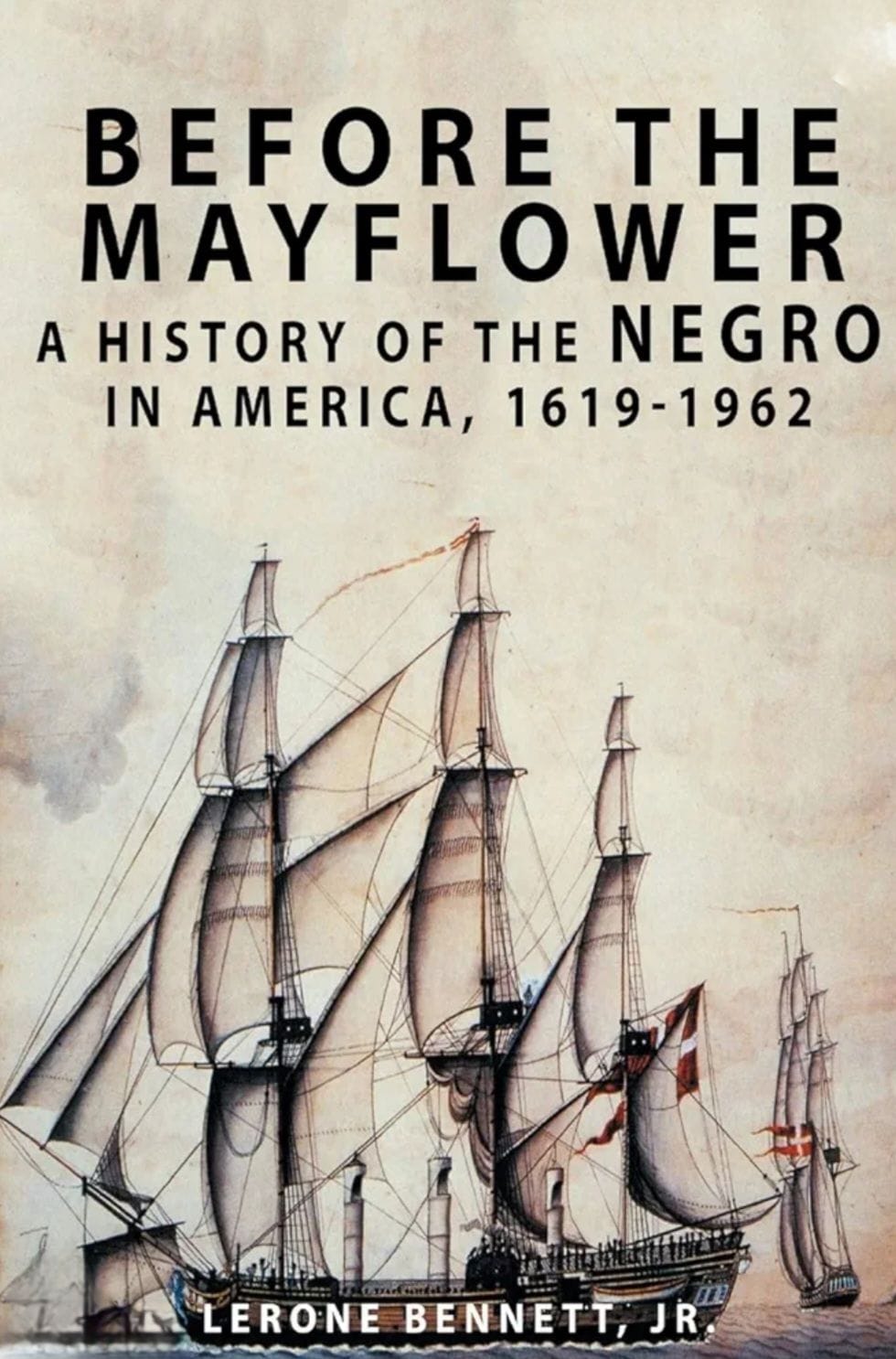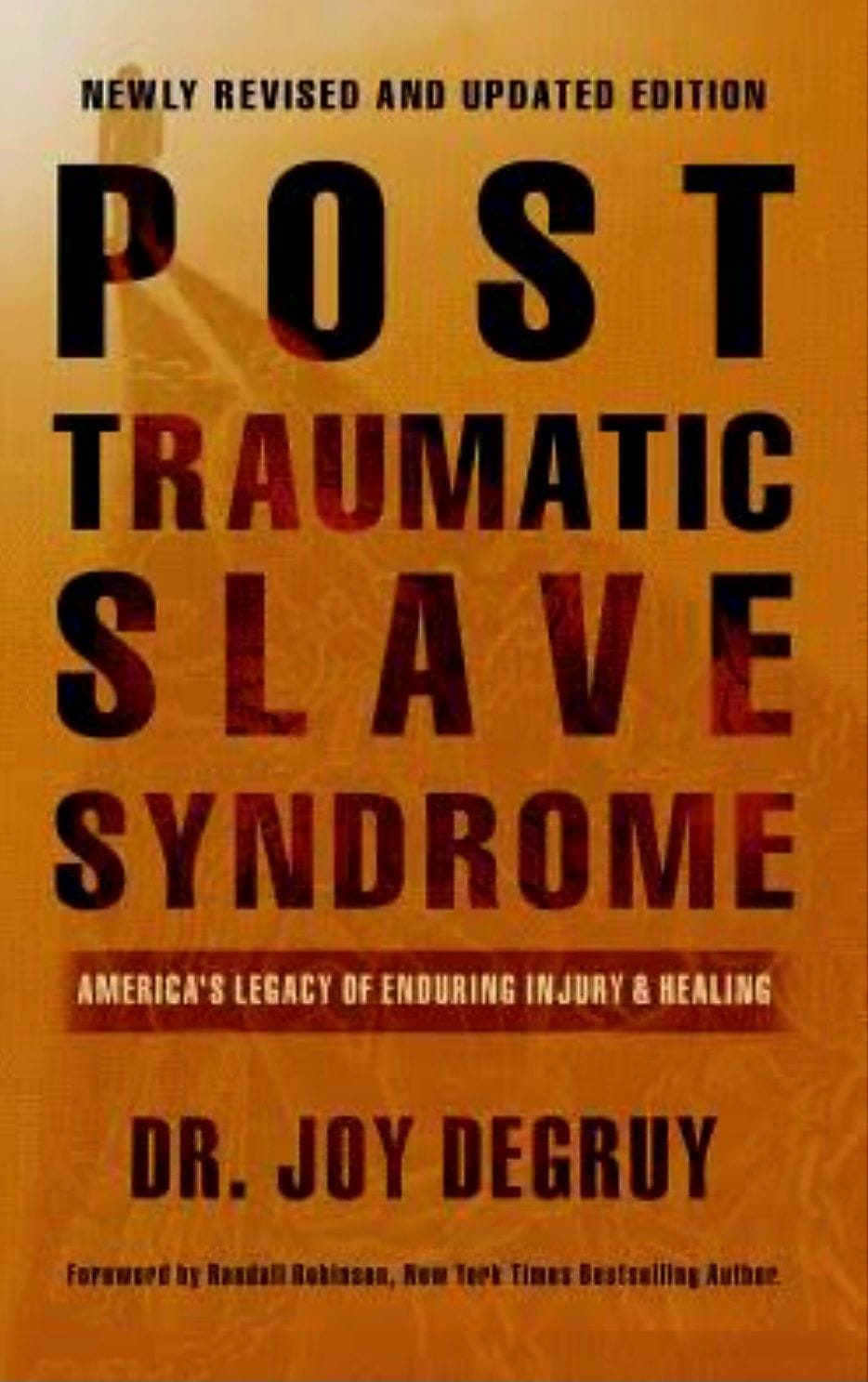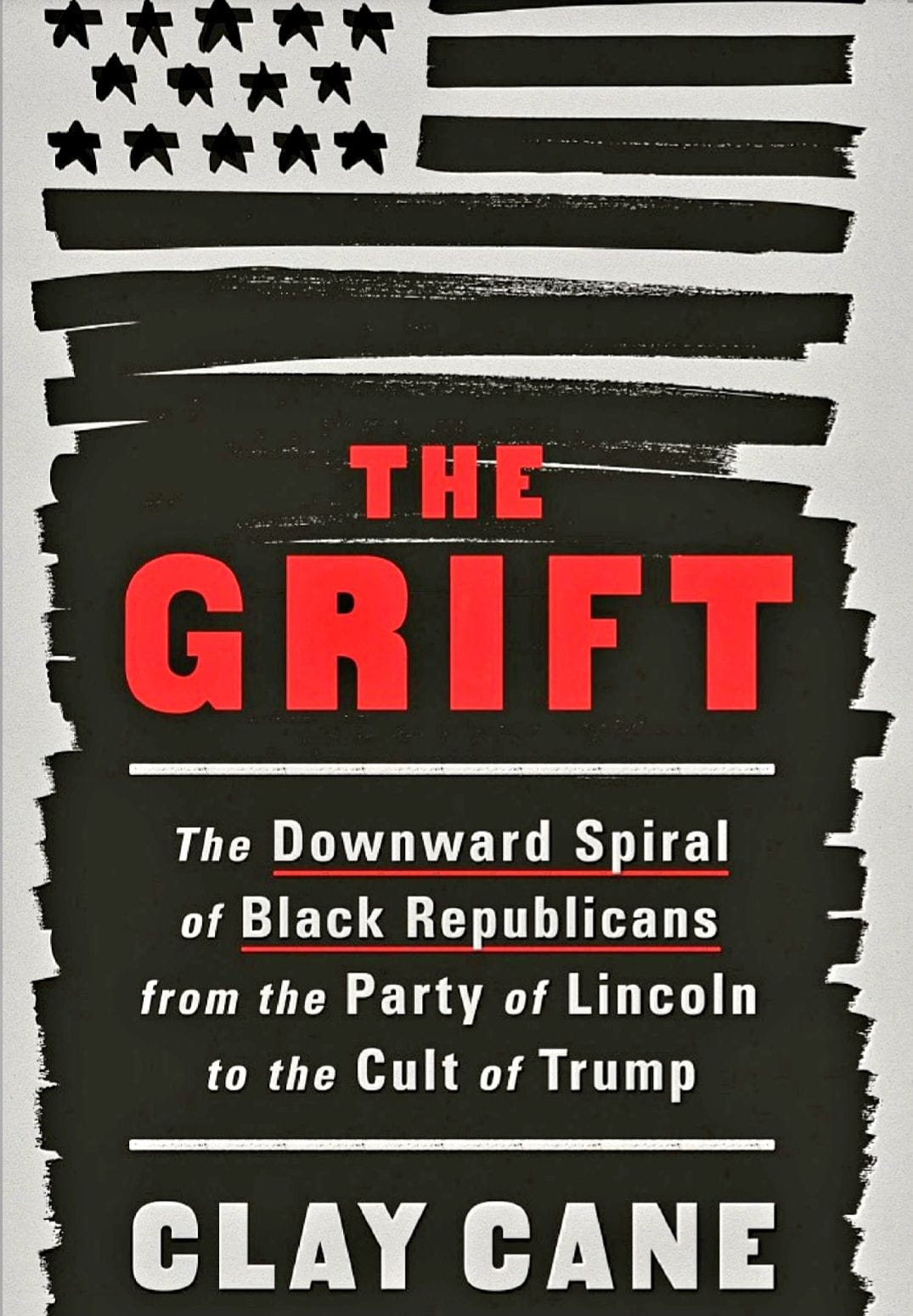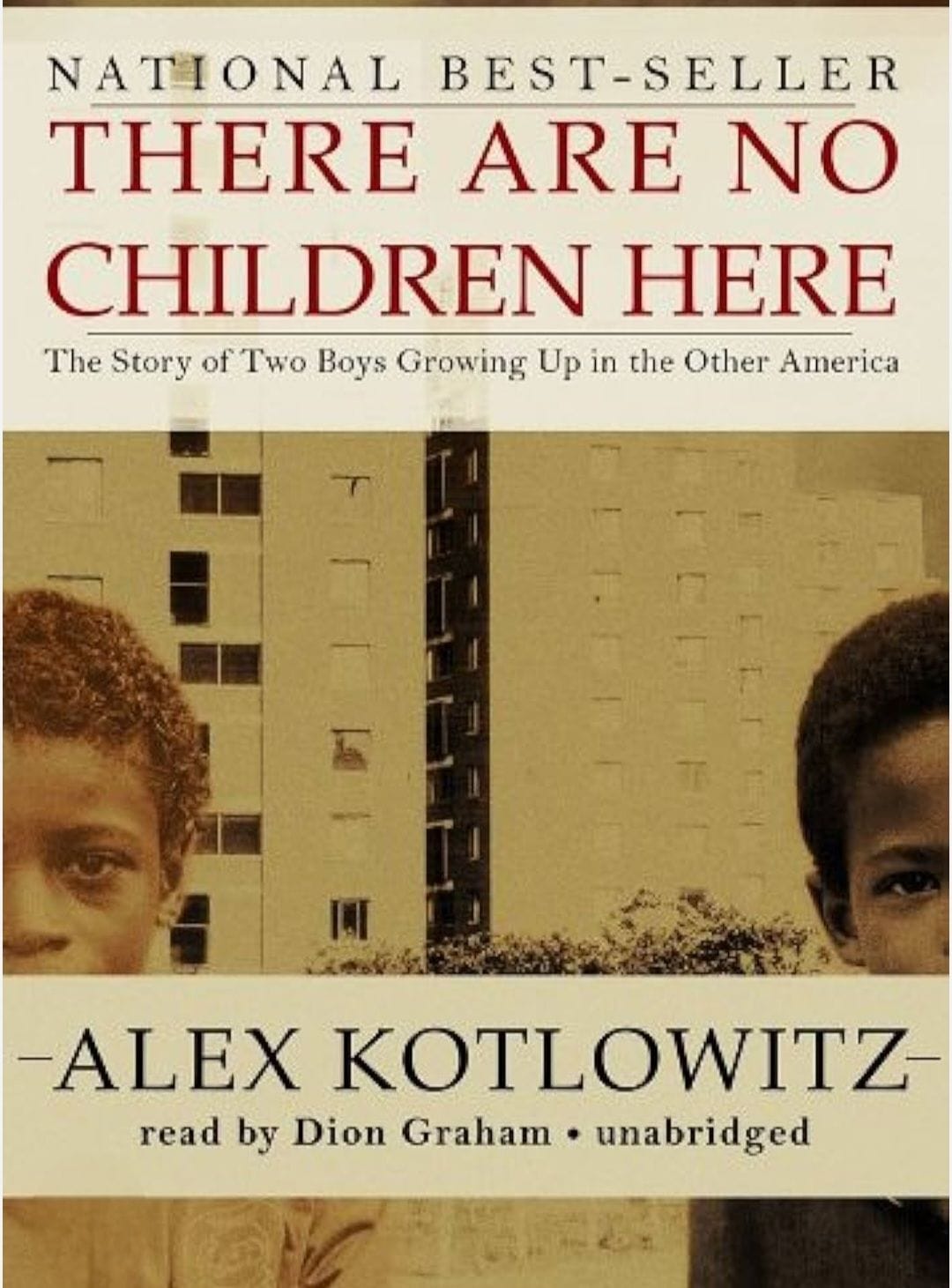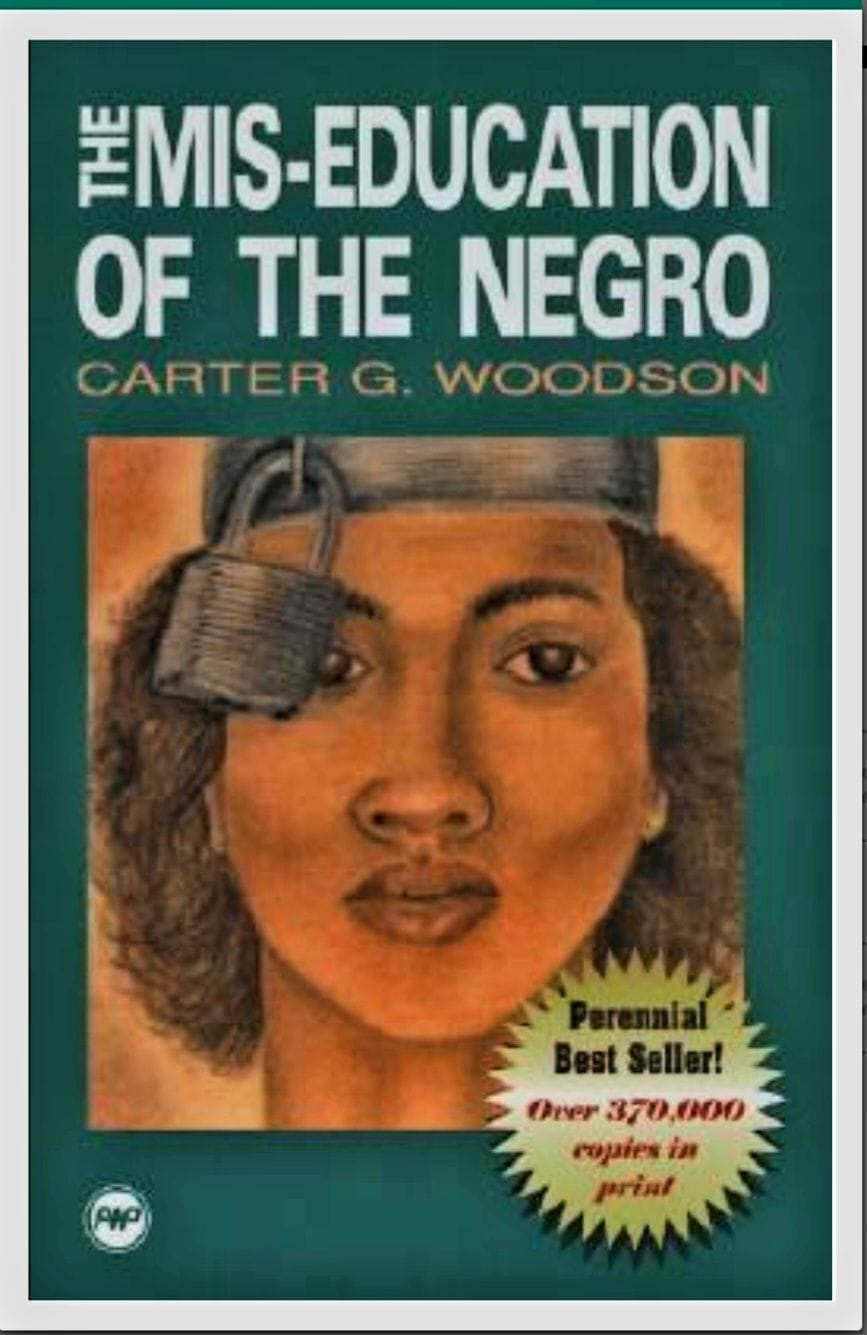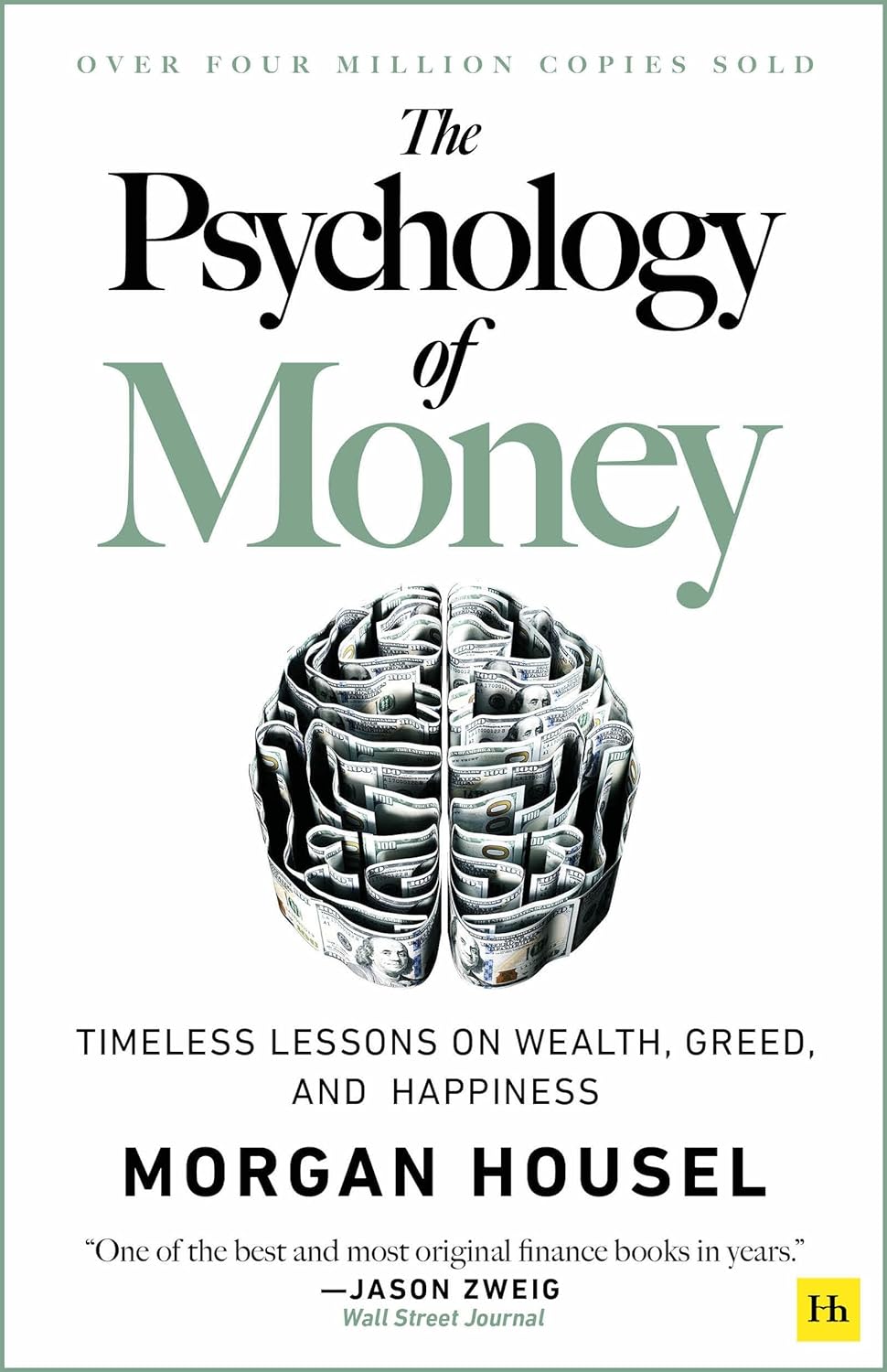"Brainwashed: Challenging the Myth of Black Inferiority" by Tom Burrell is a compelling and thought-provoking book that delves into the persistent issue of racial stereotypes and their damaging effects on the African American community.
Burrell, an acclaimed advertising executive, uses his expertise to dissect the historical and societal roots of the myths that have perpetuated black inferiority for centuries. With a mix of personal insights, psychological research, and cultural analysis, "Brainwashed" confronts the reader with the subtle and overt ways these stereotypes are embedded in media, politics, and everyday interactions.
Burrell not only critiques the status quo but also offers a blueprint for change, encouraging African Americans to challenge these harmful narratives and reclaim their identity.
This book is an essential read for anyone seeking to understand the complexities of race relations in America and the power of media in shaping our perceptions.
"Before the Mayflower: A History of the Negro in America, 1619-1962" by Lerone Bennett Jr. offers a profound and comprehensive exploration of African American history, stretching from the arrival of the first African slaves in Jamestown, Virginia, in 1619, to the pivotal movements of the 1960s.
This seminal work meticulously details the socio-economic, cultural, and political evolution of African Americans, against the backdrop of the broader American narrative.
Bennett's engaging prose weaves together historical facts, personal stories, and insightful analysis, shedding light on the resilience, contributions, and struggles of African Americans throughout the centuries.
Aimed at both scholars and general readers, "Before the Mayflower" challenges conventional histories by placing the African American experience at the forefront of America's story, urging a reevaluation of the foundations upon which the nation stands.
This book is an essential read for anyone seeking to understand the complex tapestry of American history, marked by the indelible influence of its African American citizens.
"Post-Traumatic Slave Syndrome: America's Legacy of Enduring Injury and Healing" by Dr. Joy DeGruy is a groundbreaking book that delves into the enduring legacy of slavery in the United States.
Dr. DeGruy introduces the concept of Post-Traumatic Slave Syndrome (PTSS), a condition that arises from centuries of slavery and institutionalized racism, affecting African American communities to this day.
Through meticulous research, historical data, and compelling narratives, the book explores how the trauma of slavery and discrimination has been passed down through generations, manifesting in various aspects of African American life.
Dr. DeGruy goes beyond diagnosing the problems; she offers a blueprint for healing.
The book presents practical steps for overcoming the negative impacts of PTSS and calls for a collective effort towards understanding, acknowledging, and resolving the lingering effects of America's darkest hours.
With its insightful analysis and hopeful outlook, "Post-Traumatic Slave Syndrome" is an essential read for anyone seeking to understand the roots of racial disparities in America and how to move forward towards a more equitable and compassionate society.
"The Grift: The Downward Spiral of Black Republicans from the Party of Lincoln to the Cult of Trump" by Clay Cane is a comprehensive exploration into the history and transformation of Black Republicans in the United States. This work, recognized as an instant New York Times and USA Today bestseller, delves into the nuanced history of Black Republicanism, tracing its origins from the post-Civil War era through to the present day. The book provides a critical analysis of how the original principles of Black Republicanism, which included a balanced critique of both political parties, advocacy for civil rights, and the development of thriving Black communities, have been compromised. Cane discusses how opportunists, acting as apologists for racism, have distorted these ideals, especially during the Trump era.
Through detailed historical and cultural analysis, Cane examines the transformation of Black Republicans from race-conscious activists in the Frederick Douglass era to what he describes as the "puppets" in the Trump administration. He scrutinizes prominent figures like South Carolina Senator Tim Scott and Supreme Court Justice Clarence Thomas, arguing that their actions have often been at the expense of the Black community. Cane's work is a critique of those he considers to be exploiting their positions for personal gain, thereby endangering the progress and liberation of Black and brown people.
The book is not just a critique but also serves as a call to action, proposing ways to counteract the negative trends it outlines. Cane's work is grounded in his extensive experience as a journalist, writer, radio host, and political commentator, with his insights enriched by his academic background in African-American Studies.
In "There Are No Children Here," Alex Kotlowitz immerses readers into the heart of one of Chicago's public housing projects, the Henry Horner Homes, to unveil the harrowing reality of two young boys, Lafeyette and Pharoah Rivers.
Their story, set against the backdrop of a community embroiled in poverty, violence, and systemic neglect, offers a poignant, unvarnished look at the struggles faced by children growing up in the most dire of circumstances.
Kotlowitz, through meticulous reporting and a deeply compassionate lens, crafts not just a narrative of survival against the odds, but a powerful critique of the social and economic forces that conspire to steal childhoods.
This book is a compelling testament to the resilience of the human spirit, the depth of familial bonds, and the urgent need for societal change.
As readers journey with Lafeyette and Pharoah through their daily lives, they are invited to reflect on the complex interplay of race, poverty, and policy in America.
"There Are No Children Here" is more than just a story; it's an eye-opening exploration of the challenges that continue to confront marginalized communities and a call to action for all who dream of a more equitable society.
In "The Mis-Education of the Negro," Carter G. Woodson lays bare the systematic denial of education to African Americans and critiques the ways in which the education system of his time contributed to the social and economic disenfranchisement of Black people in the United States.
Woodson, often heralded as the Father of Black History, posits that the education received by African Americans was deliberately designed to instill a sense of inferiority and to keep them disconnected from their rich cultural heritage and history.
He argues that this form of education leads not only to the mis-education of Black people but also to the propagation of a wider culture of oppression. Through a compelling examination of history, philosophy, and education, Woodson challenges his readers to reconsider the role of education in achieving true freedom and empowerment.
His work is a critical call to action, urging African Americans to develop a new form of education that is rooted in self-reliance, racial pride, and the active participation in the shaping of one's destiny.
"The Mis-Education of the Negro" is not just a historical text; it is a blueprint for educational reform and empowerment that resonates with ongoing relevance.
In the realm of personal finance and investment, few subjects are as misunderstood and as complex as the psychology that drives our decisions about money.
"The Psychology of Money: Timeless Lessons on Wealth, Greed, and Happiness" by Morgan Housel ventures deep into the heart of our financial behavior, unraveling the tangled web of emotions, biases, and beliefs that shape our economic lives. Through a series of insightful essays, Housel explores the wide range of psychological forces that underpin our financial decisions, from the profound impact of greed and fear to the subtle influences of social proof and scarcity.
With a narrative that is both engaging and enlightening, Housel brings to light the timeless truths about wealth accumulation, investment strategies, and personal happiness. He argues that while the technical aspects of finance—such as investing, saving, and budgeting—are critically important, it is ultimately our psychological relationship with money that determines our financial success or failure. Drawing on history, economics, and psychology, Housel offers readers a unique lens through which to understand their own financial behavior and to make smarter, more informed financial decisions.
"The Psychology of Money" is more than just a finance book; it's a deep dive into the human condition, offering valuable lessons on how to navigate the complexities of the modern economic landscape with wisdom, patience, and insight. Whether you're a seasoned investor, a financial novice, or simply curious about the psychological aspects of money, this book promises to transform your understanding of what it truly means to be wealthy in both monetary and emotional terms.

